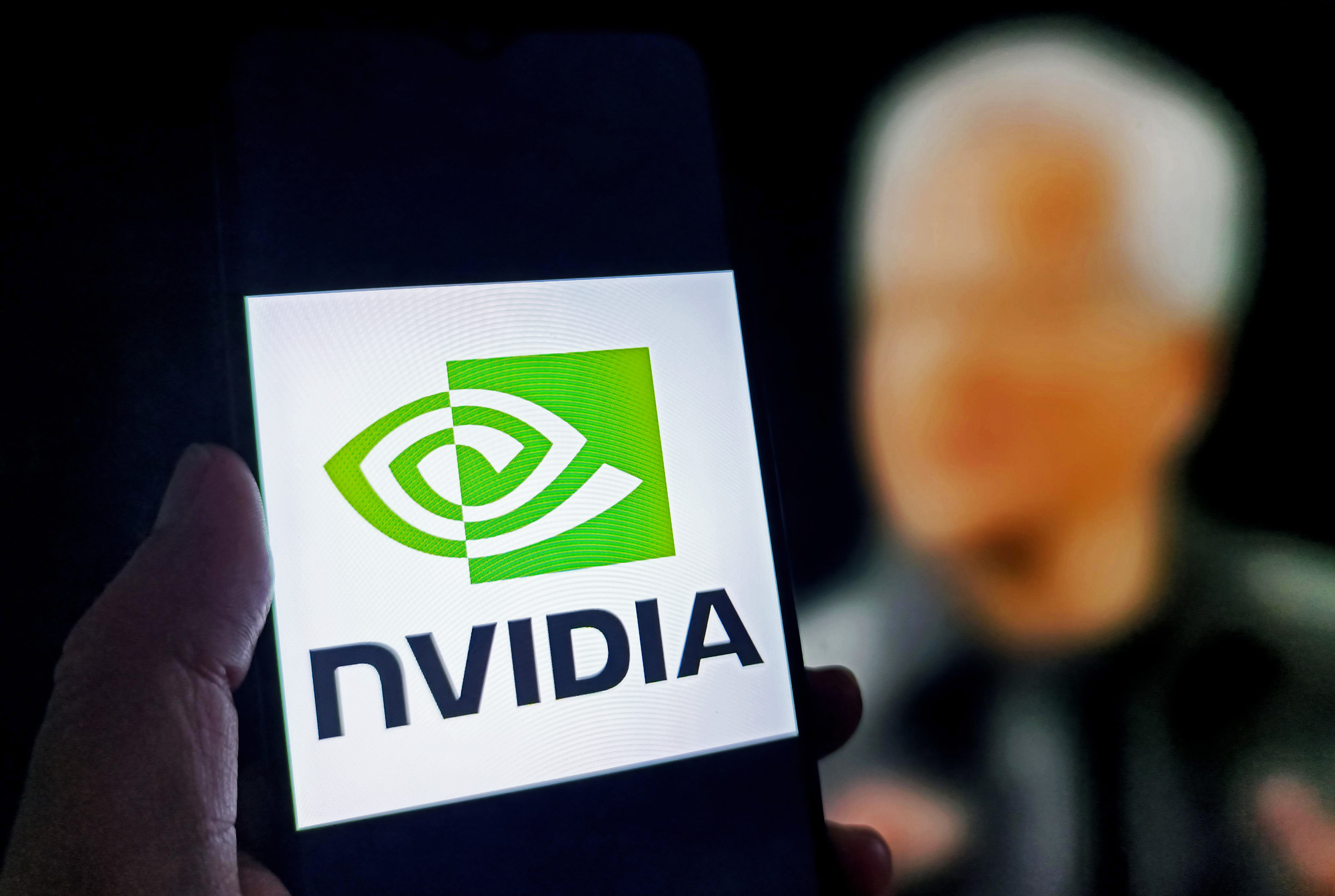
All the latest news, reviews, and guides for Windows and Xbox diehards.
You are now subscribed
Your newsletter sign-up was successful
NVIDIA, the US company supplying most of the world with GPUs built specifically for powering AI, finds itself once again at odds with Chinese authorities.
Following a preliminary investigation into the matter, Chinese antimonopoly regulators claim that NVIDIA broke antitrust laws (via Business Insider) in connection with the acquisition of Israeli chip design company Mellanox.
NVIDIA announced it had reached a $6.9 billion deal with Mellanox in March 2019. China, shortly after the announcement, stated it had conditionally approved the deal.
However, the antitrust investigation was initiated in December 2024 by China's State Administration for Market Regulation (SAMR). The investigation remains ongoing, say SAMR officials in the press release.
[...] the State Administration for Market Regulation decided to conduct further investigation in accordance with the law.
The SAMR dropped the antitrust news at the same time that Chinese and US officials are attempting to negotiate trade intricacies in Madrid. Trade tensions have been on the rise for most of 2024 and 2025, with both sides making some bold claims regarding AI GPUs and how they're being used.
A brief history of US, China, and NVIDIA trade tensions
A lot of recent trade tension between the US and China has NVIDIA sitting in the center. The GPU company's H20 AI chip, created specifically for the Chinese market as a less-powerful alternative to US AI chips, is highly sought after by China's AI firms.
However, the NVIDIA chip was fully banned from being sold to China in April 2025 by the Trump administration. The cause of the ban centered on concerns that China was using the H20 chips to bolster its military and to develop further domestic AI models that could challenge US firms.
All the latest news, reviews, and guides for Windows and Xbox diehards.
The ban was walked back in July, when NVIDIA CEO Jensen Huang reached a deal with President Trump following a White House visit. Huang's argument? It's better to have all AI models running on US technology.
It didn't take long for Huang to announce that NVIDIA was ordering 300,000 more H20 AI chips from TSMC in order to meet Chinese demand. And that was on top of the 600,000 to 700,000 H20 chips already stockpiled and awaiting buyers.
As a final part of the deal with the US government, NVIDIA and AMD agreed to pay a 15% chip tax for the export licenses needed to sell to China. The unprecedented deal remains informally approved. While Chinese AI firms clambered to place orders for the unbanned H20 AI GPUs, state officials began pressuring the firms to avoid the US hardware over fears of tracking devices, spyware, and other hidden back doors.
NVIDIA responded by firmly stating that it wasn't placing any sort of trackers or malware in its AI GPUs.

Cale Hunt brings to Windows Central more than nine years of experience writing about laptops, PCs, accessories, games, and beyond. If it runs Windows or in some way complements the hardware, there’s a good chance he knows about it, has written about it, or is already busy testing it.
You must confirm your public display name before commenting
Please logout and then login again, you will then be prompted to enter your display name.

